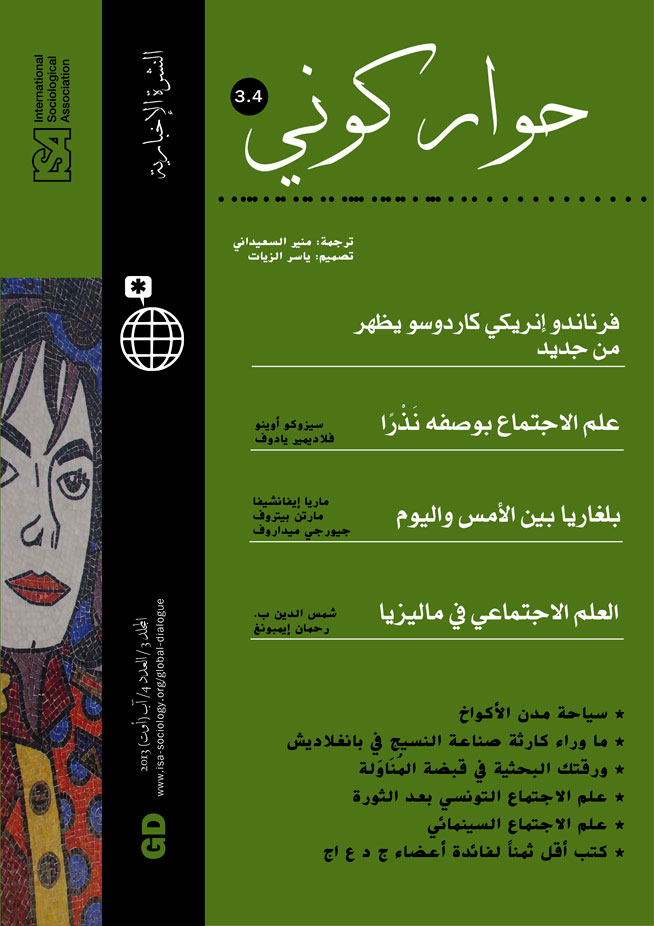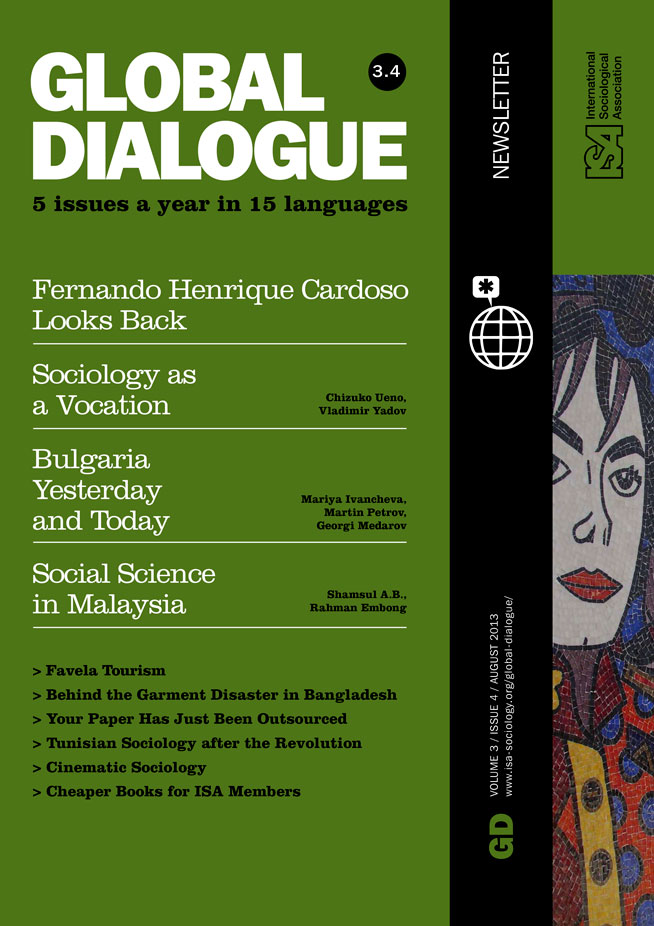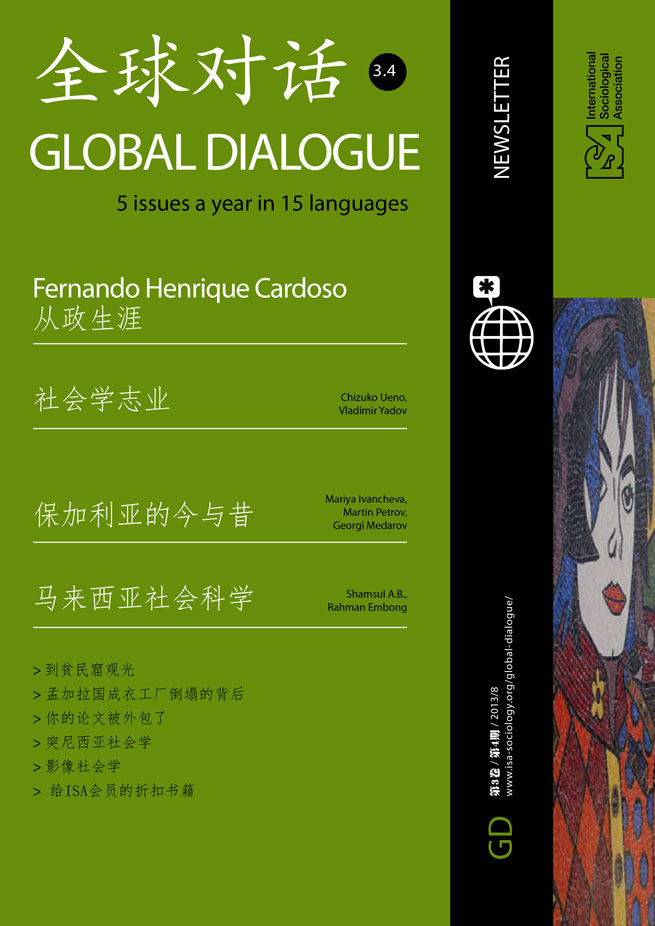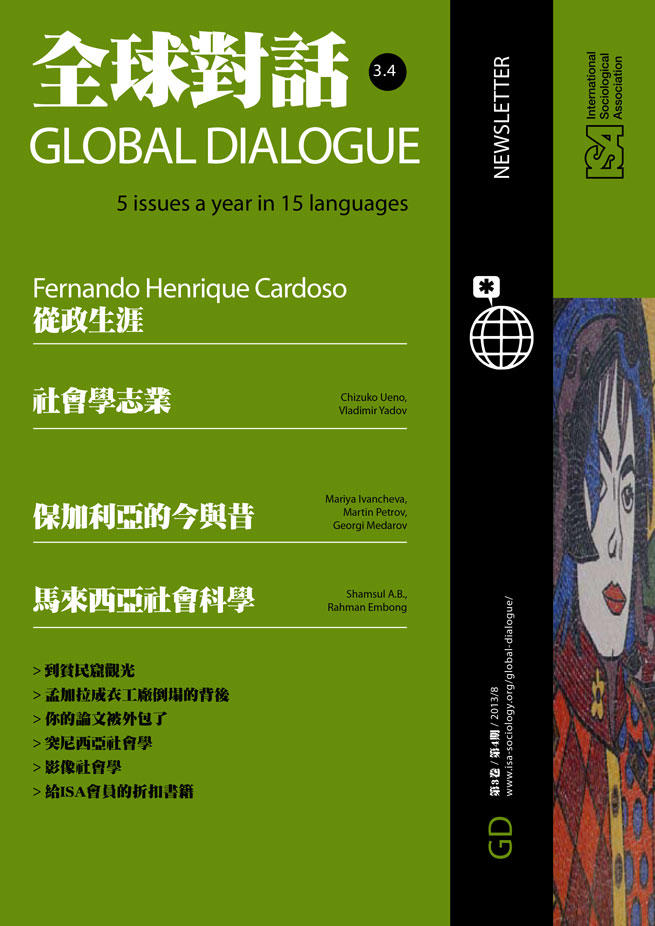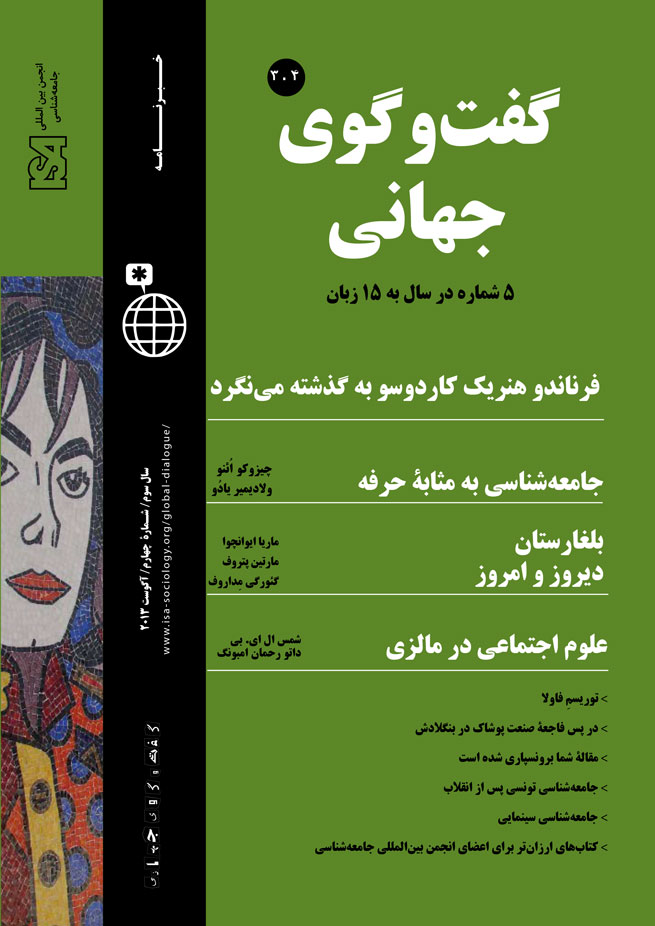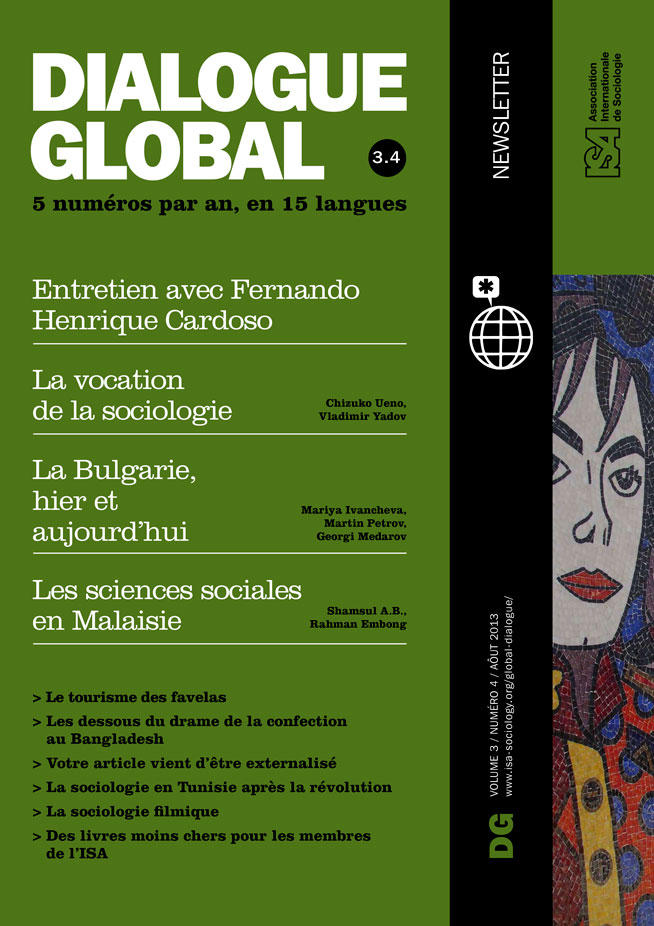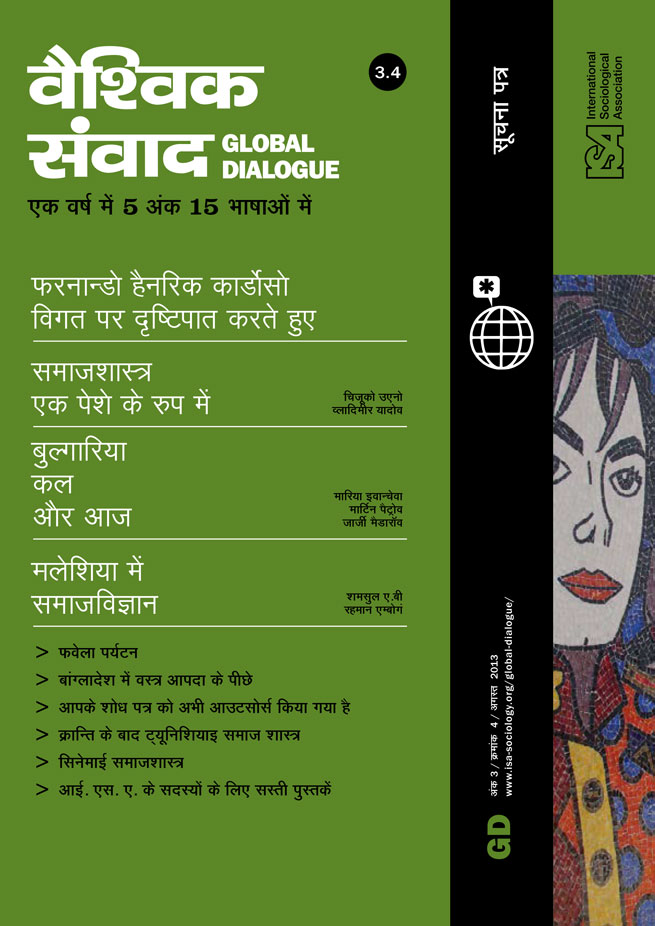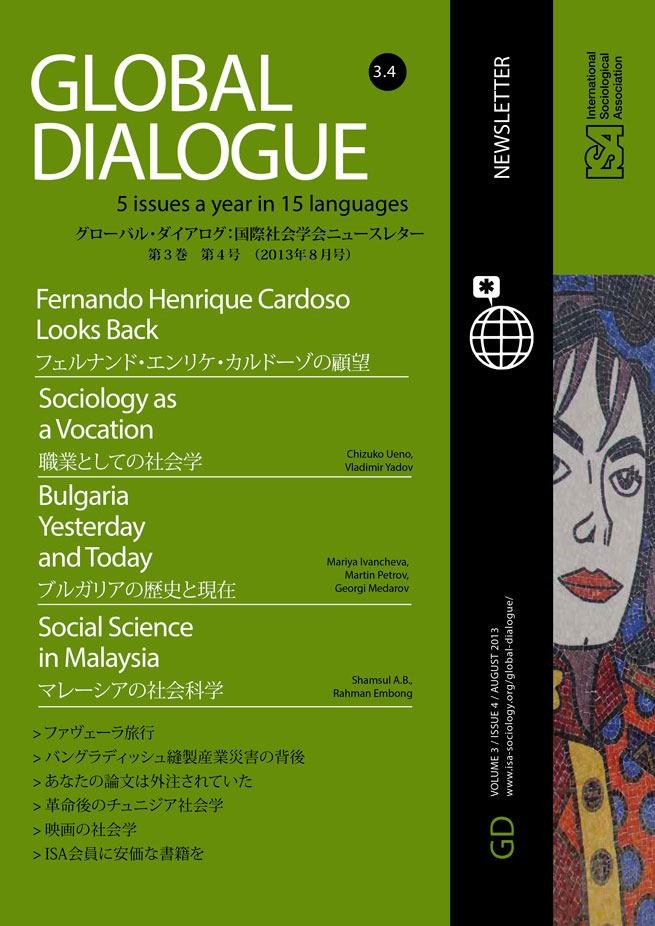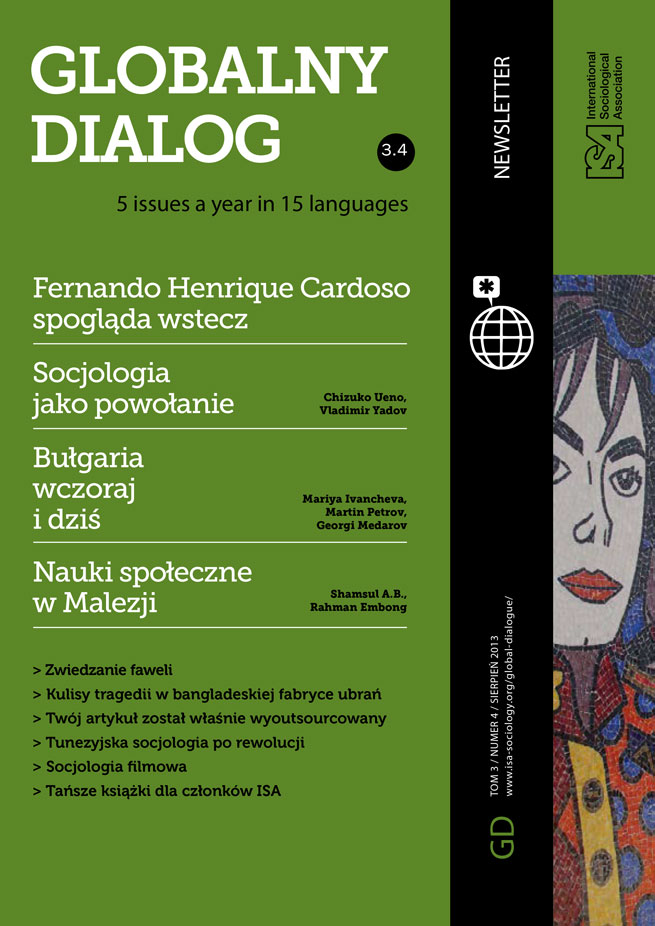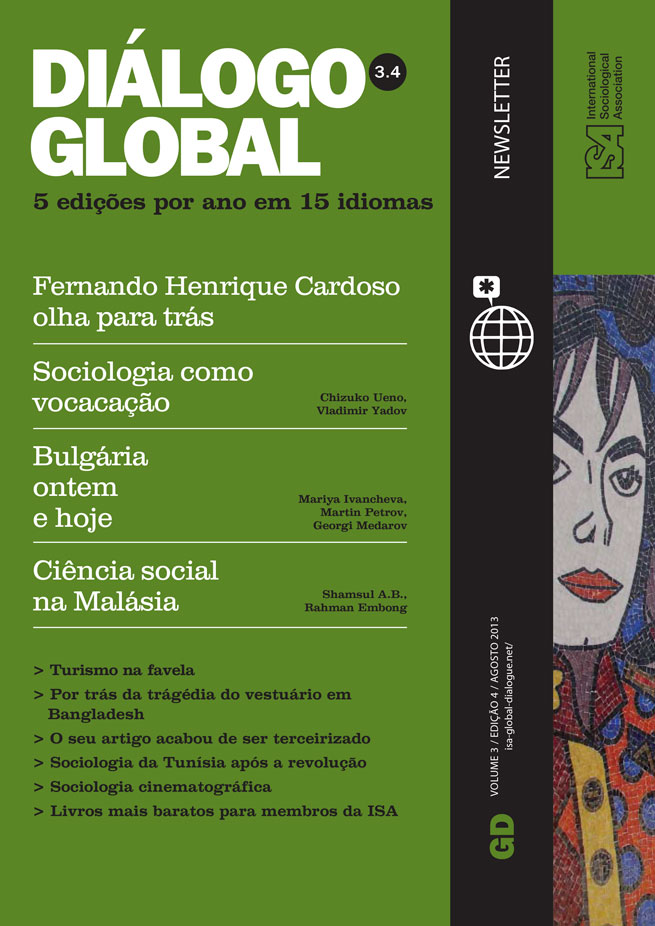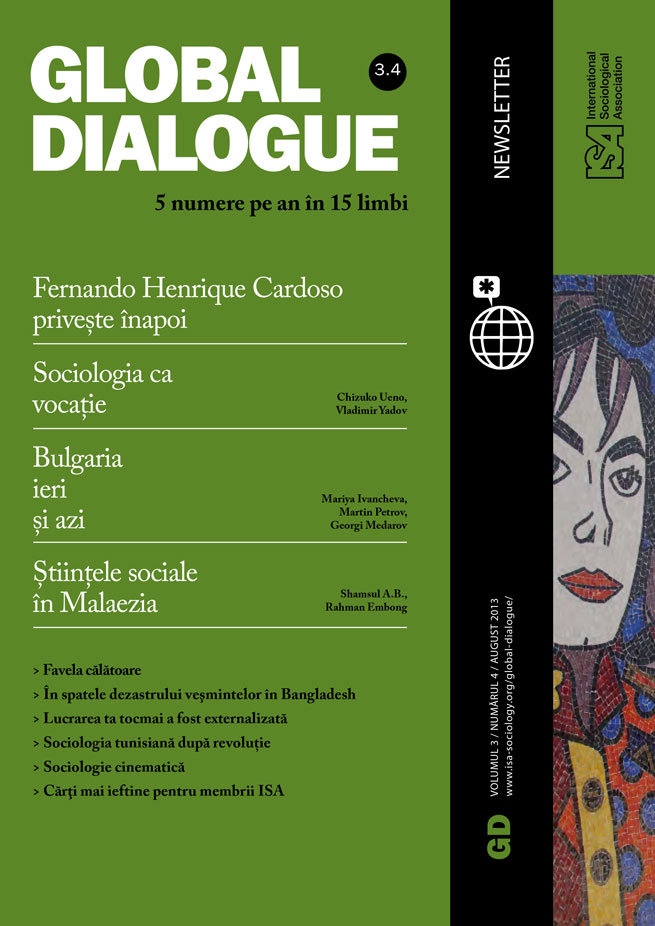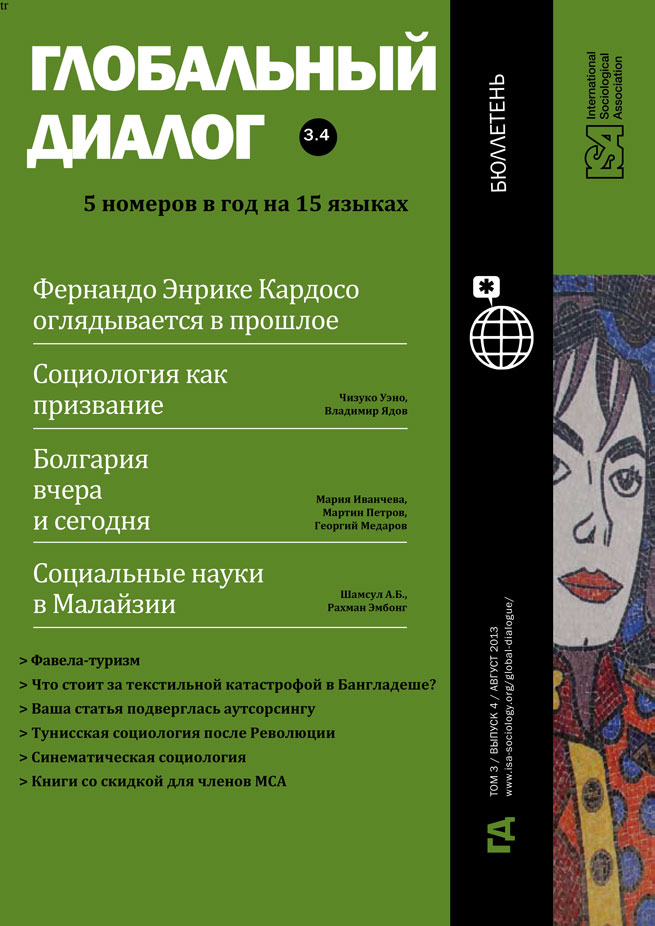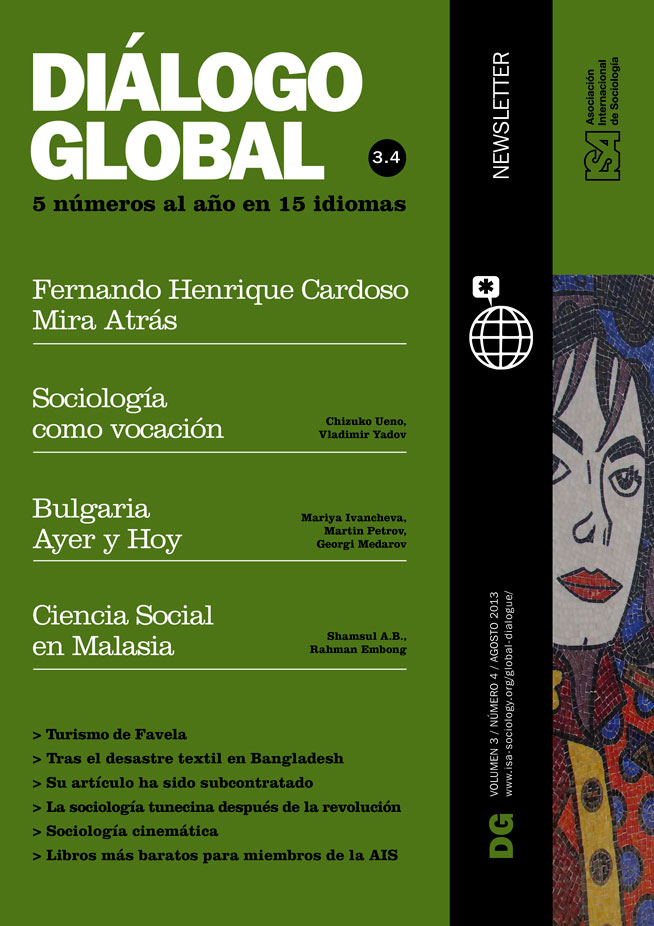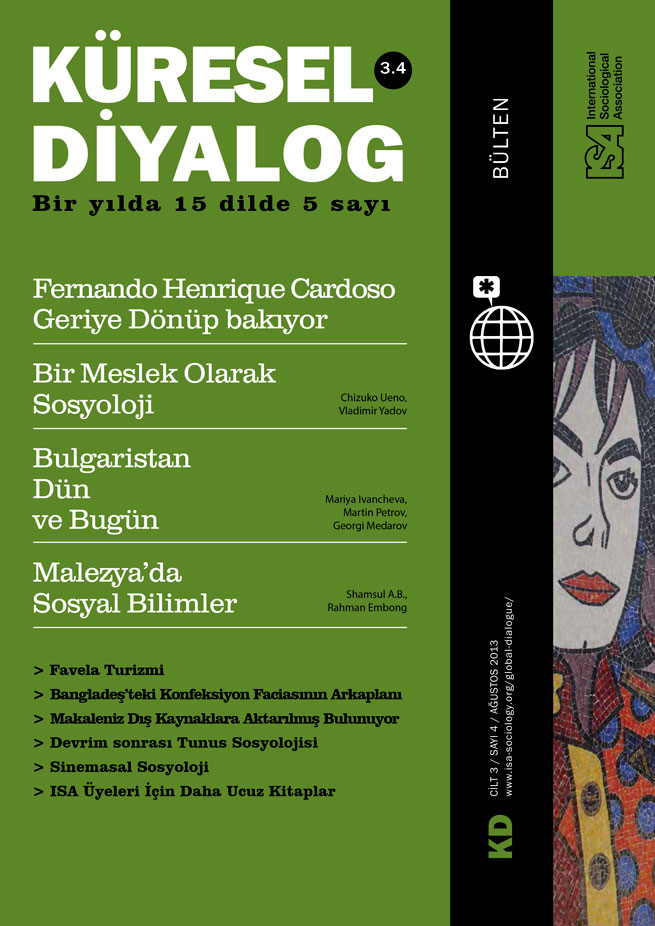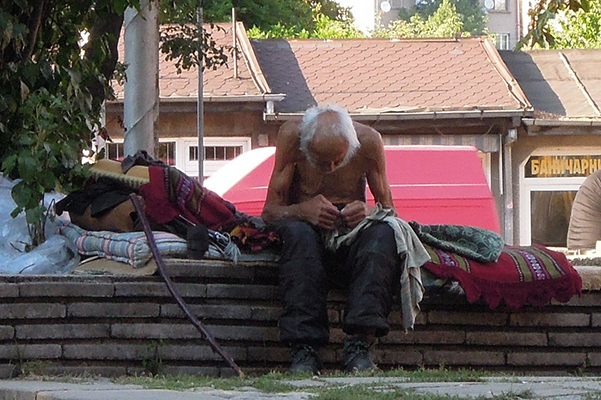Read more about Bulgaria Yesterday and Today
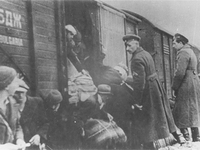
Bulgaria’s Postcommunist Debate about the Holocaust
by Georgi Medarov
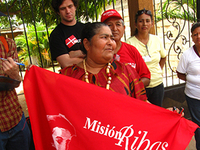
Caught between Two Socialisms
by Mariya Ivancheva
August 17, 2013
They have no property and take no part in the production of capital, not even by returning empty beer bottles. They inhabit a public space where they drink their medical alcohol bought from the pharmacy and diluted with water from public fountains in a bottle fished from a garbage can – all right next to the chic open-air bars that have taken bites out of the park in front of the national theatre. Yet they are not foreign to the symbolic order produced by capital. To the contrary – they are very sensitive to it and have developed strategies to inscribe themselves within it all too well. They are the tramps, Sofia’s clochard intelligentsia.
I met E. when I was a BA student in philosophy. He worked as a nude model at the Art Academy and would hang around the Sofia University when he wasn’t posing. A friend from my course would find heroin for him (or vice versa). E’s name is highly unusual for Bulgaria. His father was an Italian Jew and his mother a French Jew. His father was the right-hand man of former Prime Minister Lukanov of whom it is said that he “appointed” the new Bulgarian millionaires in 1990, distributing Communist Party money to people from the socialist state’s intelligence service. After Lukanov’s assassination in 1996, E’s father had to disappear from the country never to be seen again. E’s mother worked as an accountant for the above-mentioned intelligence agency. After 1990 she became interested in the supernatural[1] and wrote a book entitled Man, Spirit, Cosmos: Energy-informational Exchange. She then went into a monastery in Nepal never to be seen again.
I’m not saying all these stories are true, I’m not saying they are not – they are a collection of exotica that really did happen in Bulgaria during the last decades. So is the story of E’s own life. Being a nomenklatura child, before 1989 he studied in an art high school in Weimar. Then in 1990 he was at the Magura – a corner in Sofia, famous for people illegally exchanging dollars and deutschmarks, and where many of the nouveaux riches are said to have made their initial capital. There he would offer betting on which cup the ball was under or he would guess which card people were thinking of. He then graduated acting at the Drama Academy in Sofia, lost a job in a theater because of alcohol and drug problems, and fell from the trapeze playing as an acrobat in a circus.
I met him again a couple of years ago. He had no job but had stopped heroin and was squatting in an attic. He earned the money he needed for alcohol and cigarettes by reciting poems to people in the park. He still told stories of how he had crashed his dad’s Mercedes. Soon after he got kicked out of the attic too. I also met his friends and other social outcasts who drink their beer or medical alcohol from the nearby pharmacy in the little park in front of the National Theatre. The first thing that struck me about them was that it wasn’t only E. who had stories to tell – each one of them would present himself through some exotic characteristic and each had a story about it. One was a Russian, interested in studying Slavic languages and culture, another was Armenian, a third was a cowboy, wearing shabby cowboy boots and a Crocodile Dundee hat with a feather. Apparently this identification with exotic lands so far away and so different from their everyday reality of seeking out pennies and shelter in always the same streets and parks in the center of Sofia served to compensate for their loss of a socially recognized identity and any sort of life expectations.
But also everyone from this group remembered better times in recent years. One had been kicked out, together with his two little boys, by his wife, another had never managed to keep a job after graduating from university. Many of them had higher education. And thanks to some relative, friend or simply thanks to the cultural capital that remained from their former life, they were not in so desperate a state as the sad stooped shadows who went around the park collecting glass bottles left behind by fashionable Sofia youths who like to gather there too. So the strategy of self-exoticization also set them apart from the even more wretched who had no such story and spoke only to themselves. As E. likes to say “I’m not a clochard. I am a cloch-art.”
They all seemed to be friends but once I was alone with any of them he would start telling me of what terrible people the others were: X had run away with the change passers-by had given them for a beer, Y was still on drugs, Z had slept with a horribly ugly girl. Deprived of basic means of subsistence, recognition, and life expectations Sofia’s cloch-arts feel an exceptionally painful need for self-distinction and dispose of no other means (such as consumption) whereby to achieve it except for their sheer creativity and sometimes a bit of spite.
[1] Quite a fashionable topic in the first years after the fall of the socialist regime. See Martin Petrov, “The Discourse of the Supernatural in Bulgaria of the early 1990s.” Sociological Problems 2010 1-2: 268-283 (in Bulgarian).
Martin Petrov, Sofia University, Bulgaria
This issue is not available yet in this language.
Request to be notified when the issue is available in your language.
If you prefer, you can access previous issues available in your language:
